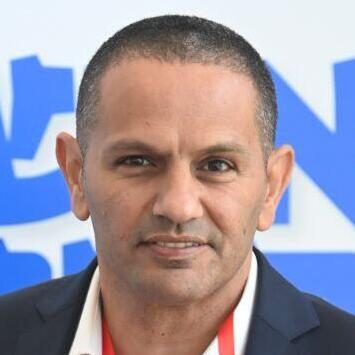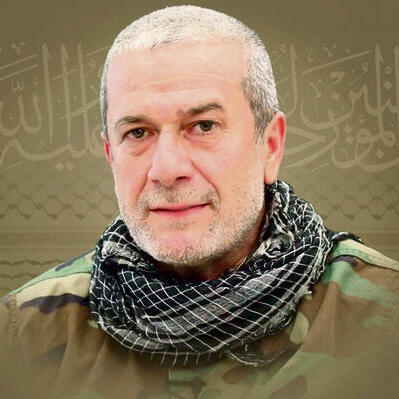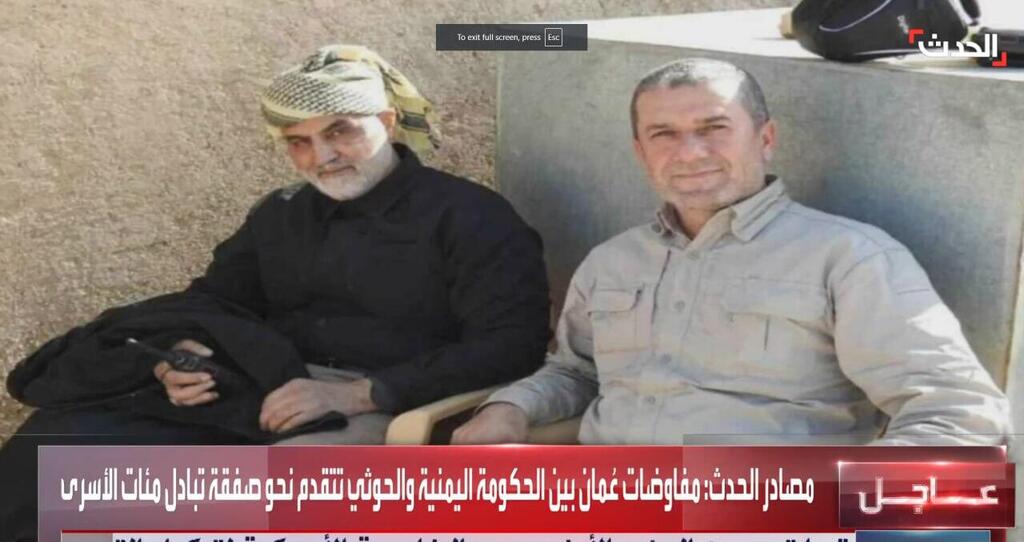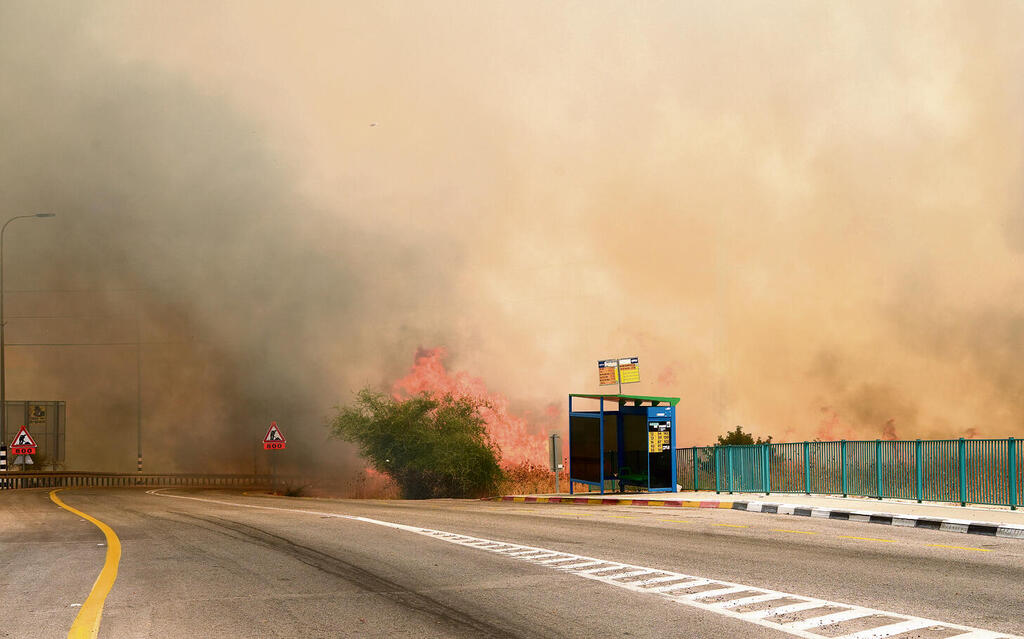Getting your Trinity Audio player ready...
The defense establishment had no illusions about Hezbollah's reaction to the assassination of Muhammad Neamah Nasser, one of the senior generals of the Lebanese terror organization, also known by his call sign Abu Neamah, on Wednesday.
IDF Northern Command, which led the successful operation in the Tyre area, predicted the response almost precisely, and the General Staff, Defense Minister Yoav Gallant and Prime Minister Benjamin Netanyahu were aware of the consequences before giving the final approval.
Indeed, Hezbollah spared no effort: over 200 rockets and drones were launched, resulting in the death of a reservist and forcing tens of thousands of civilians in non-evacuated communities into shelters. This isn't just a "day of fighting," but a war—limited, but a war nonetheless.
Photos of Abu Neamah with Iran's former Quds Force commander Qassem Soleimani and the respectful funeral held for him indicate his importance in Hezbollah's hierarchy of evil. When the main speaker at his funeral is Hashem Safi al-Din, Hassan Nasrallah's right-hand man, it’s clear that Abu Neamah was no pawn in the secretary-general's chess game.
However, one might question whether the assassination was necessary and what benefits it yielded compared to the costs, especially at this sensitive time on all fronts. Abu Neamah was indeed a highly influential and experienced commander, a "knowledge hub," as intelligence documents describe him and his peers.
Yet, cemeteries are full of people once thought irreplaceable, and Abu Neamah is no Imad Mughniyeh, Soleimani or Nasrallah himself. The organization's role will not be affected by his death, despite its inherent value. Was the price worth it? Highly doubtful.
While Nasrallah has already warned his colleagues that they are exposed following several assassinations and, according to a report in the Arabic-language newspaper Asharq Al Awsat, instructed them not to move with cell phones, it’s likely he was furious to learn that adherence to protocols is not the organization’s strong suit. However, this does not influence the firing and may even increase it. Hence, some senior IDF officials believe that with such a cost, it’s better to offset capabilities.
IDF high command thinks differently, and their voices prevailed. According to them, "Hezbollah's response cannot paralyze us from targeting them. We are willing to take calculated risks to strike the organization's leadership, and we have other senior figures in our sights. This assassination is a statement of our determination," they explain.
"We demonstrated intelligence penetration, hit them hard and will handle the repercussions. They never imagined we would kill their two top figures, Abu Taleb and Abu Neamah, within a month."
Despite the rising smoke on both sides of the border suggesting otherwise, the option of a truce remains preferred by both Israel and Hezbollah, though much depends on developments in the southern arena.
For the first time in a while, progress has been made in negotiations (talking about "optimism" is difficult after so many disappointments), and the prime minister has approved sending an Israeli delegation to renew talks.
The defense establishment (IDF, Shin Bet and Mossad) and Gallant's office are unanimous: Hamas' response is an opening for progress. The only remaining enigma is Netanyahu. His office quickly cooled expectations through a briefing by a "security official" (hoping the "political official" wasn't offended), but as mentioned, the delegation has been approved to depart, and the cards are being held close to the chest.
The outcome of this round of talks is particularly crucial: a cease-fire and the release of hostages could likely bring calm to the north. Otherwise, Israel will have to use force to bring residents back home.
Meanwhile, pressure on Hezbollah within Lebanon to agree to a cease-fire is mounting, boosting confidence in the White House's mediation efforts. However, as usual in our region, it’s worth remembering that structures far stronger than this fragile house of cards can collapse in seconds.






